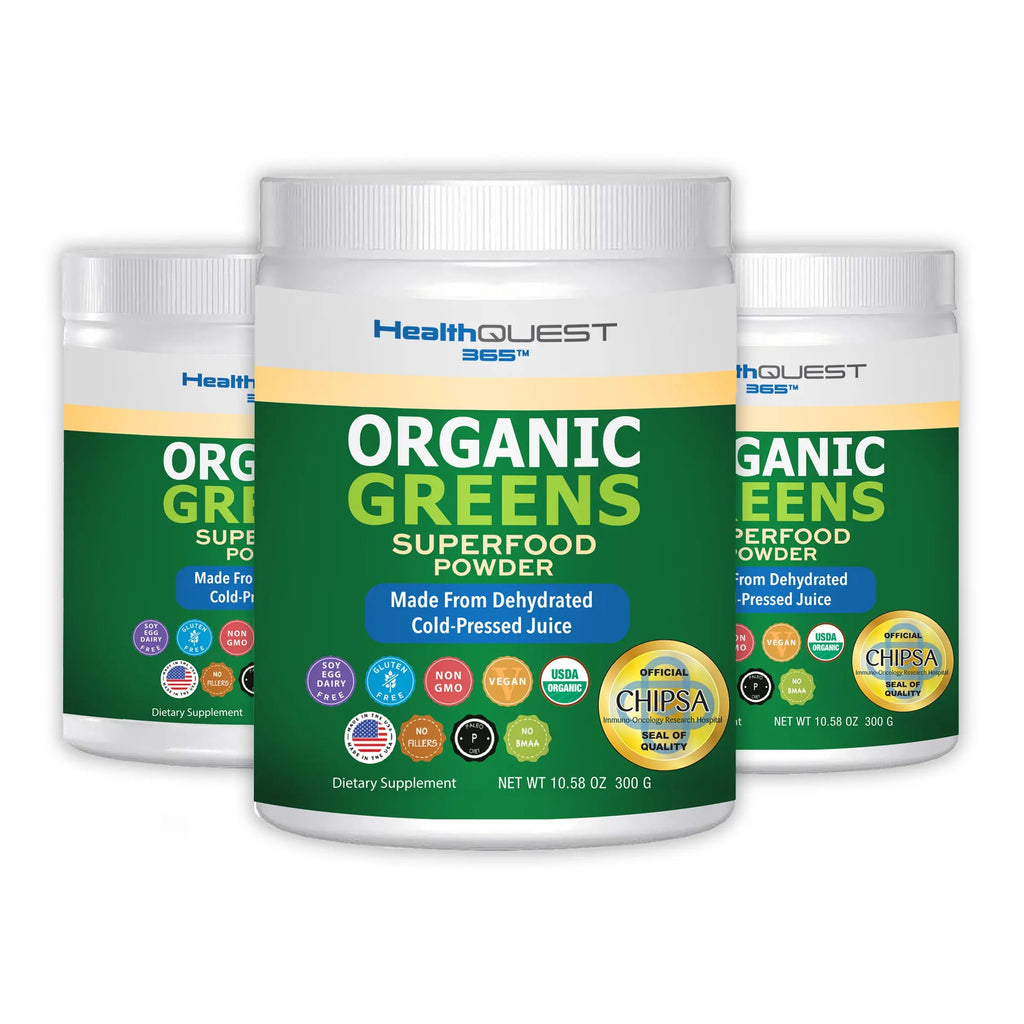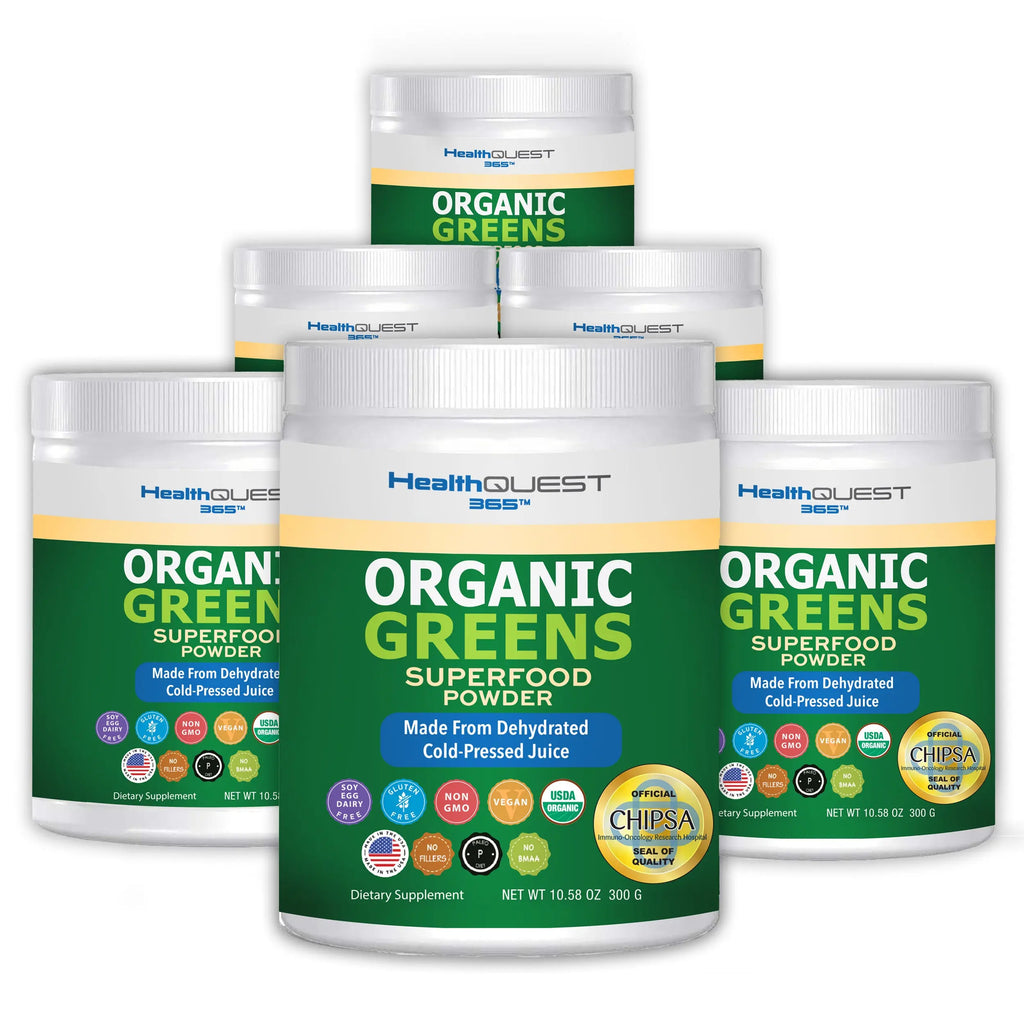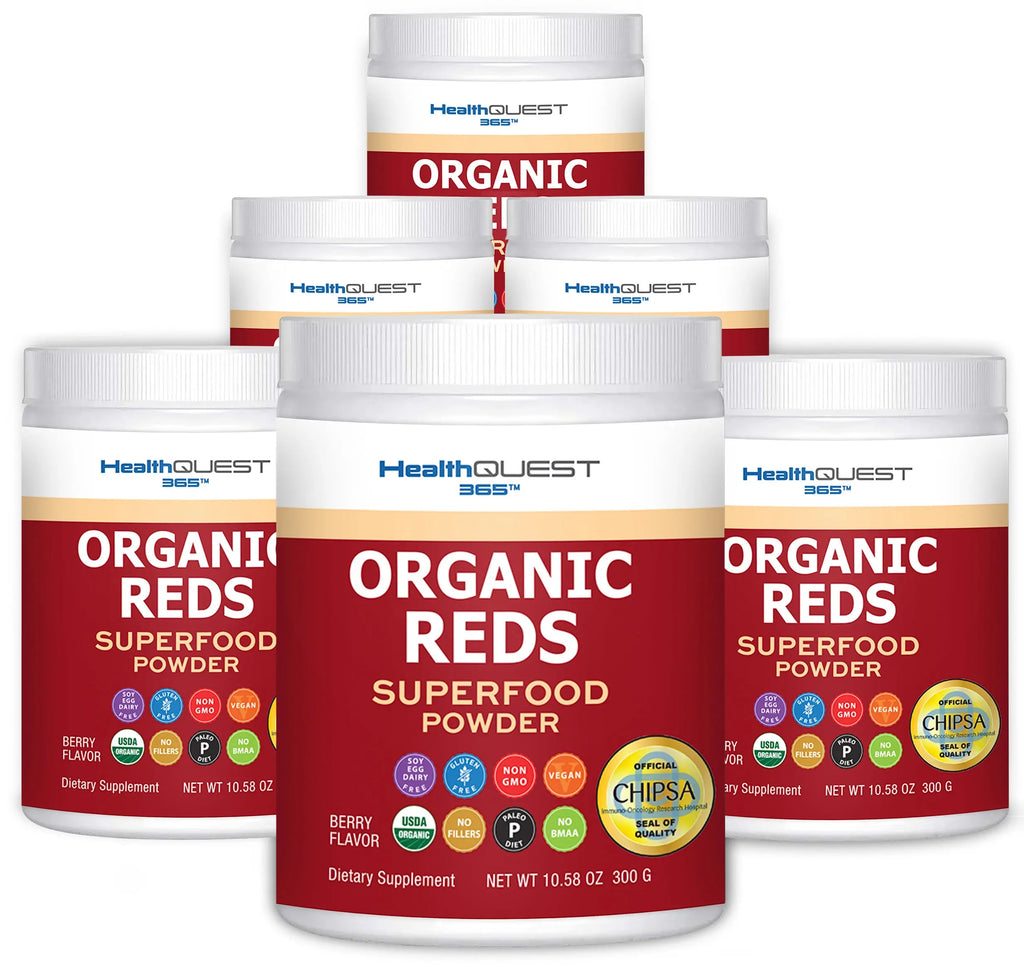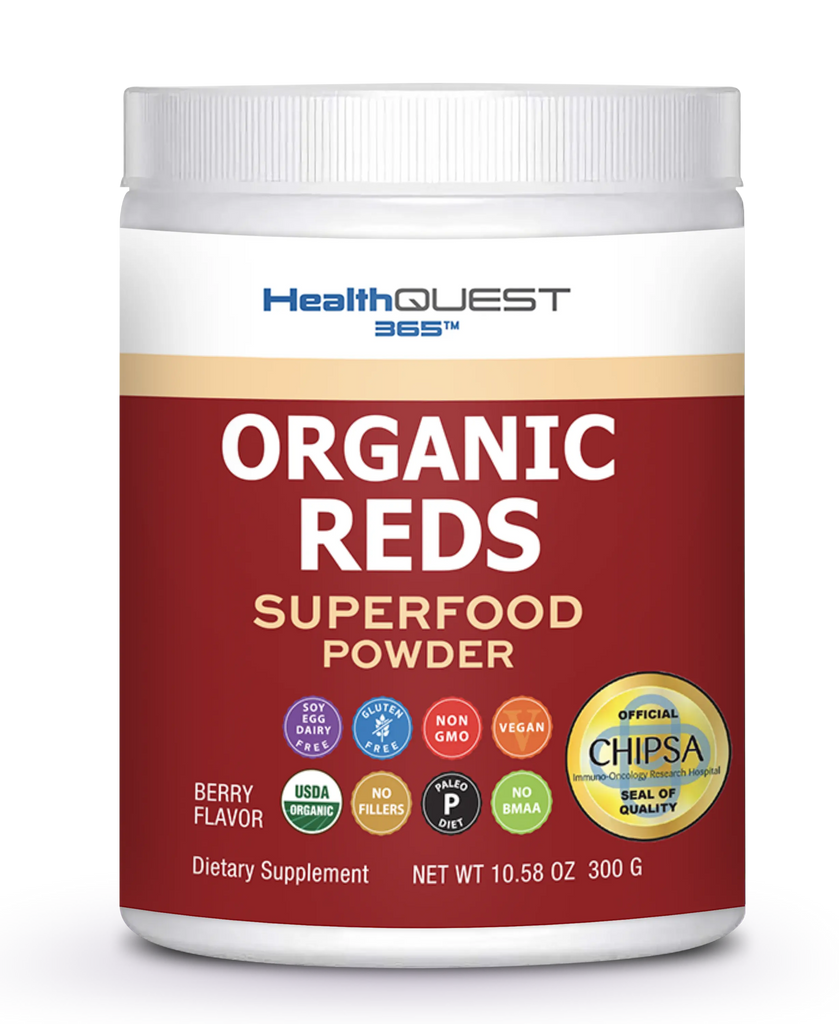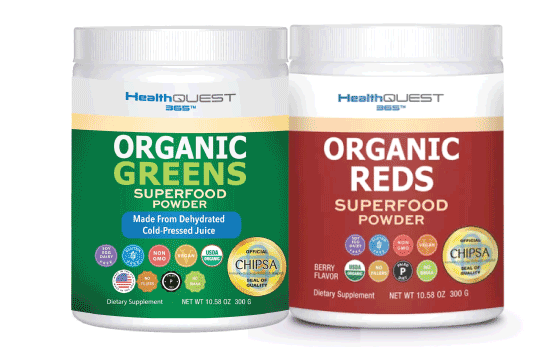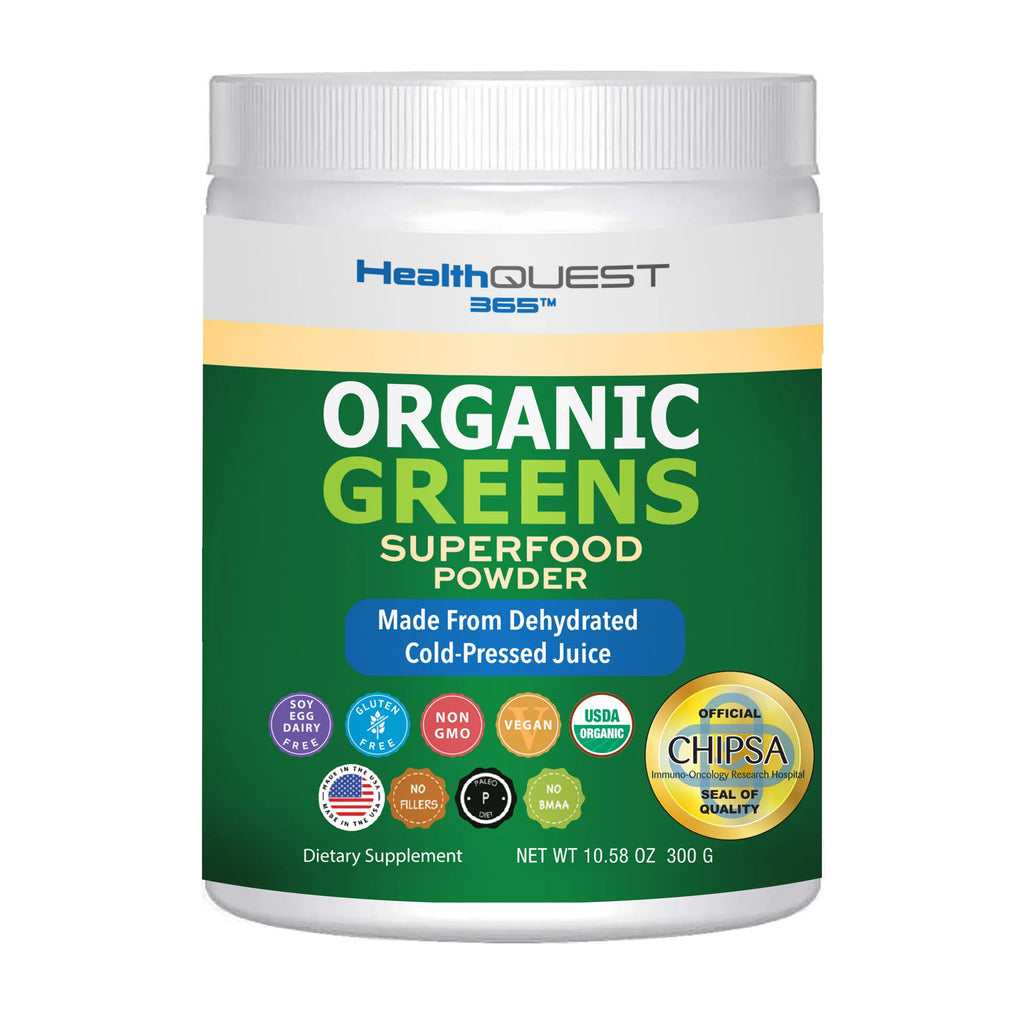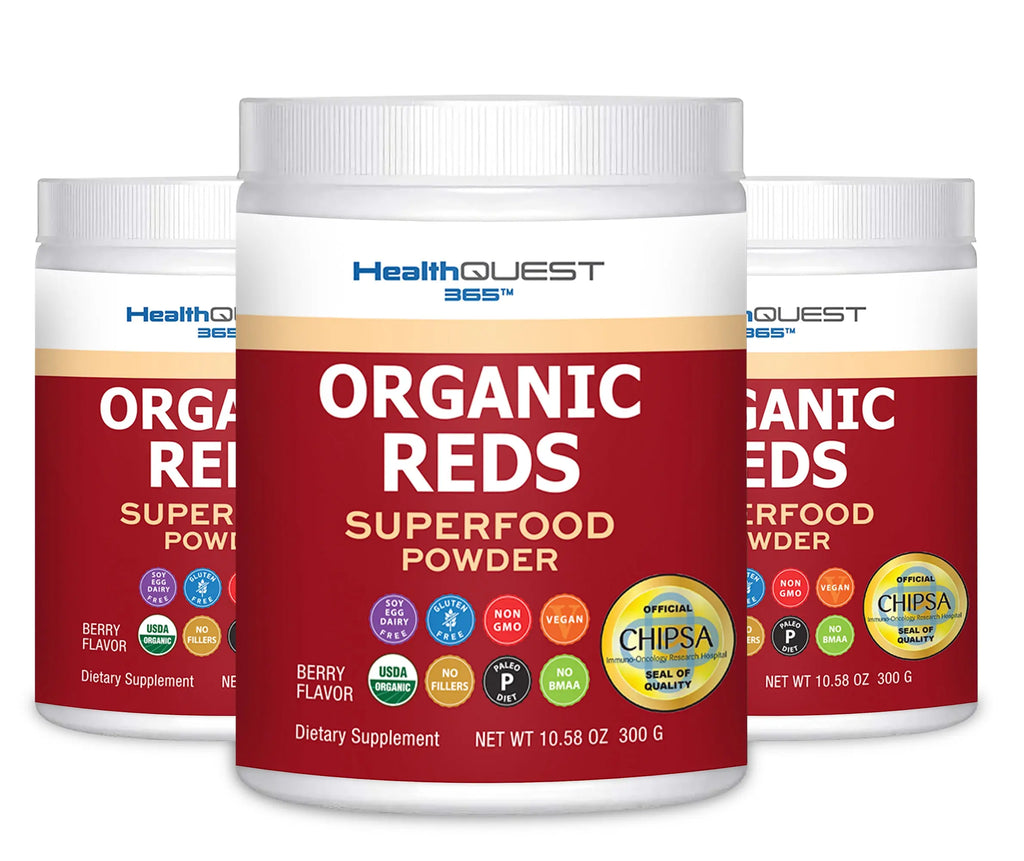It’s about health. It’s about healthy lifestyle. It’s about family™

How to Keep Your Joints Healthy
You might not think much about your joints unless you’re suffering from a health issue that affects them. But they are crucial for your health and mobility. As you age, your joints are more prone to wear and tear. But there’s good news! There are many ways to take care of your joints and keep them from deteriorating. One of those is eating the right foods.

WHY IS IT IMPORTANT TO KEEP YOUR JOINTS HEALTHY?
Joints are the connections between your bones that allow movement. Healthy joints help you walk, bend, lift, and grasp objects. They allow you to do all kinds of movements easily and without pain.
Joint problems can happen at any age. But as you get older, your joints are more susceptible to natural wear and tear. Such age-related changes may lead to disorders or injuries. Some examples are:
-
Arthritis (such as rheumatoid arthritis and osteoarthritis)
-
Tendinitis
-
Sprains and strains
Maintaining healthy joints could help you prevent some of these changes. That is crucial because they might affect your mobility and overall health.
Fortunately, getting older doesn’t mean pain and problems are inevitable. No matter your age, there are certain foods you can eat to protect your body.
WHAT ARE EXAMPLES OF FOOD FOR JOINT HEALTH?
SEEDS AND NUTS
Seeds and nuts are packed with healthy Omega 3 fatty acids. They fight inflammation and help reduce joint pain and swelling.
Great options include walnuts, pine nuts, flax seeds, almonds, and chia seeds. Eating 1.5 ounces of seeds and nuts daily can be helpful.
COLD WATER FISH
Cold water fish is an excellent source of Omega 3 fatty acids. It can lower the risk of diabetes, heart disease, and other health conditions. You can add tuna, salmon, or trout to your diet or fish oil supplements.
FRUITS AND CRUCIFEROUS VEGETABLES
Many fruits have potent antioxidants that reduce inflammation and relieve joint pain. Blueberries, pineapples, and tomatoes are some fruits you could add to your diet. Vitamin C-rich citrus fruits are also good for joint health. Some examples are oranges, lemons, and limes.
Brussels sprouts, broccoli, and cauliflower are cruciferous vegetables. These block enzymes that result in joint swelling. Beyond that, they’re also packed with a great dose of vitamins and minerals.

Give You ALL Our Best Workbooks
Get all the Best Workbooks + Action Guides from our expert
BEANS AND LENTILS
Soybeans, pinto beans, lentils, black beans, and chickpeas all have anthocyanins. They are flavonoids that reduce inflammation. Beans and lentils also have minerals, fiber, and protein.
OLIVE OIL
Other oils, like vegetable oil and sunflower oil, can increase inflammation. But olive oil is a great substitute for cooking or salad dressings. It is a healthy fat packed with Omega 3.
WHOLE GRAINS
Proteins in refined grains can trigger your inflammatory response. But whole grains can help reduce joint pain and inflammation. You can try whole oats, whole wheat, barley, and rye. You should eat a total of six ounces of grains per day. At least three should come from whole grains.
ROOT VEGETABLES AND GARLIC
Aromatic root vegetables, like onions, turmeric, ginger, and garlic, are anti-inflammatory. They can reduce joint problems, such as arthritis pain. They boost joint health and add flavor to your meals!
DARK CHOCOLATE
Dark chocolate is delicious. But did you know that it’s also great for joint pain? That’s because cocoa contains antioxidants that fight inflammation. Make sure to choose chocolate with a high percentage of cocoa. Also, indulge in moderation.
GREEN TEA
Green tea can turn the tide against joint problems. It is loaded with powerful antioxidants and polyphenols. It also has an anti-inflammatory effect and slows down joint deterioration.

WHAT FOODS SHOULD YOU AVOID TO PROTECT YOUR JOINTS?
PROCESSED FOODS
Avoid processed foods, such as baked goods, prepackaged meals, and snacks. They have trans fats that are meant to preserve them, which can lead to joint pain. Make sure to avoid foods that have partially hydrogenated oils.
OMEGA 6 FATTY ACIDS
Corn, peanut oil, soy, safflower, sunflower, and most meats, are high in Omega 6 fatty acids. These are only healthy in small doses. Excessive intake could trigger inflammation and joint pain.

FREE "Mystery Gift"?
Let me stay in touch with you via email and as a thank you - get this FREE gift.. Something others paid over $1,000 for.
(True story)

SUGAR
Foods with refined sugar, like pastries, chocolate, soda, candy, and fruit juices, trigger cytokine release. It can cause joint inflammation and pain. Aside from sugar, watch out for corn syrup, fructose, maltose, or sucrose in ingredient lists.
Cutting back on regular sugar might lead you to crave foods with sugar alternatives. But some people might be sensitive to those substances, thus causing swelling. These are often found in gum, sugar-free candy, diet soda, and low-fat yogurt.
RED MEAT AND FRIED FOODS
Meat, especially red, is high in saturated fats. That may cause high cholesterol and joint pain and joint inflammation. Avoid fried foods, like fried chicken, donuts, and French fries.
REFINED CARBOHYDRATES
White flour products are considered refined carbs. Examples are white pasta, white bread, and crackers. These can cause a spike in blood glucose, increasing inflammation in the body. People with gluten sensitivities might also experience joint pain from eating wheat products.
CHEESE AND HIGH FAT DAIRY
Cheese, butter, mayonnaise, and margarine are all high in saturated fats. They also have advanced glycation end products (AGEs). These are all big inflammation triggers. Make sure to consume sparingly.
ALCOHOL
Excessive alcohol intake increases inflammation and other health risks. Try cutting out alcohol altogether for four to six weeks to decrease joint pain. You may also notice less swelling and arthritis symptoms.
ORGANIC GREENS 365 FOR HEALTHY JOINTS
Joint pain can affect your well-being and quality of life. Maintaining or improving your joint health through the right foods is essential. Good joints start with a healthy diet.
But planning your diet and including all these foods can be overwhelming. It is possibly even exhausting. The Organic Greens 365 Superfood Powder can help you. It already has all the needed nutrients for your body! The formula is a mix of vitamins, minerals, antioxidants, fiber, and probiotics.
With regular intake, you can boost your joint health. No need to wrack your brain over what foods to include in your diet. After all, this concoction has it all.
Make sure to take this powder with healthy foods and exercise!
FREQUENTLY ASKED QUESTIONS
Exercise strengthens muscles around joints, improves flexibility, and promotes circulation, which helps maintain joint function and reduce the risk of injury.
A balanced diet rich in anti-inflammatory foods, omega-3 fatty acids, and antioxidants can help reduce inflammation and support cartilage health, crucial for maintaining healthy joints.
Use proper form, warm up before exercising, wear supportive footwear, and vary your activities to prevent overuse injuries and protect joint health during physical activities.
Yes, excess weight puts added stress on joints, particularly weight-bearing ones like the knees and hips, so maintaining a healthy weight can reduce the risk of joint problems and alleviate existing joint pain.
Some supplements like glucosamine, chondroitin, and collagen may provide benefits for joint health, but it's essential to consult with a healthcare professional before starting any new supplement regimen.

